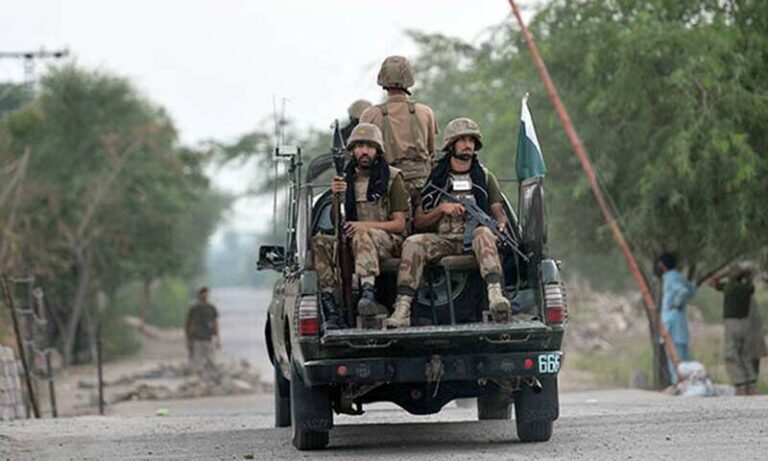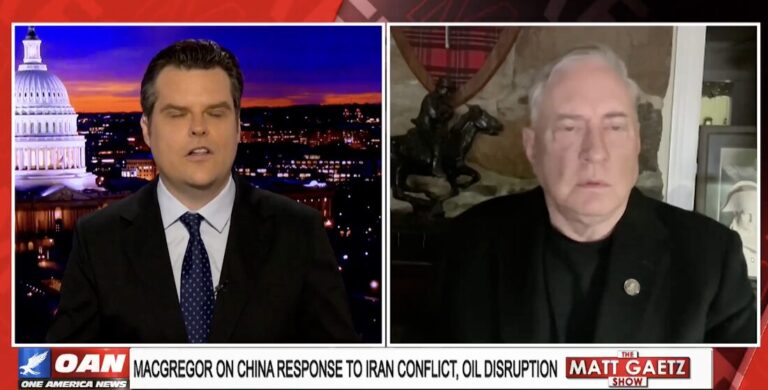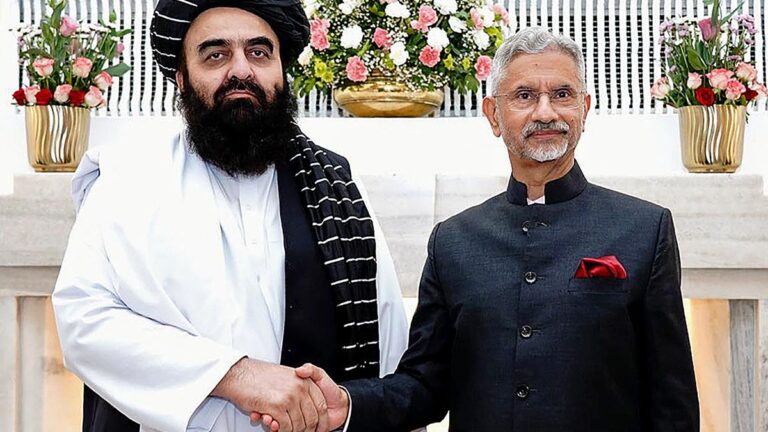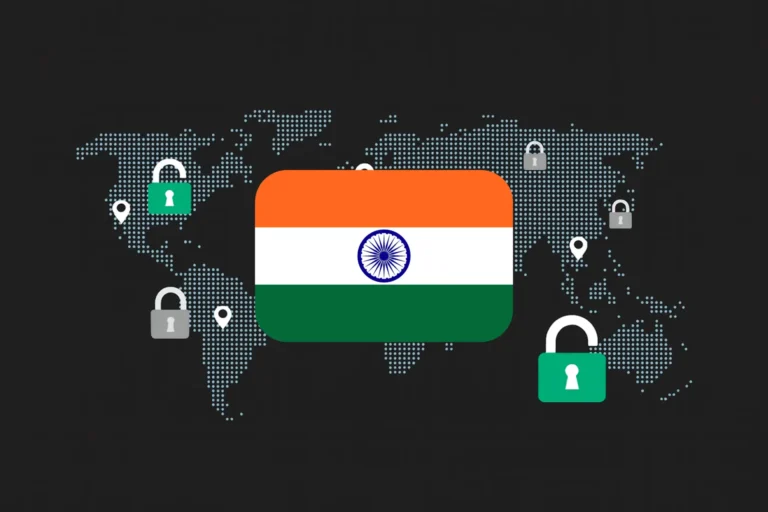The Spread of Chaos
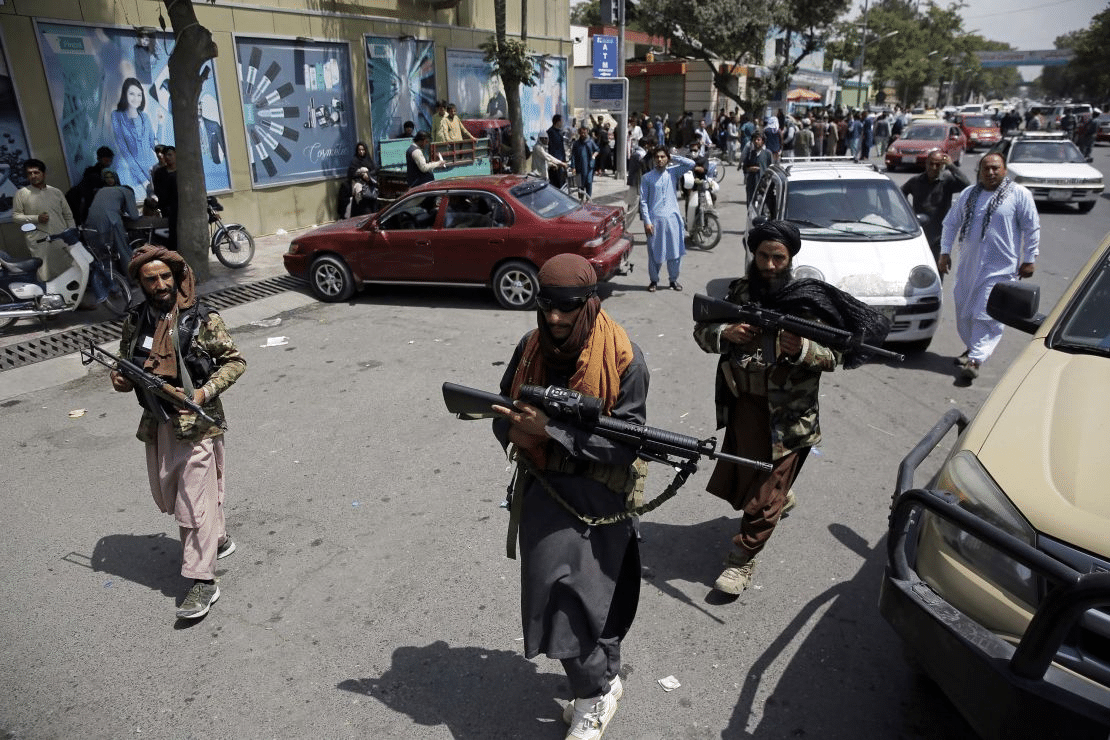
Afghanistan has long been a crucible of instability, but under Taliban rule, it has evolved into a full-fledged epicentre of terrorism, narcotics trafficking, and ideological extremism. The country’s descent into lawlessness has not only regional but global repercussions, threatening to unleash a new wave of transnational violence. Despite international sanctions and counterterrorism measures, the Taliban regime has systematically enabled the resurgence of militant groups and narcotics production, transforming Afghanistan into a sanctuary for jihadist networks and organized crime. The convergence of these threats, terrorism, drug trafficking, and ideological radicalization, creates a volatile ecosystem that demands urgent, coordinated intervention before it metastasizes into another catastrophic security crisis.
The Taliban’s return to power in 2021 marked the revival of Afghanistan as a terrorist haven. Al-Qaeda, once thought to be on the decline, has re-established operational networks in northern Afghanistan, mirroring its pre-9/11 structure. Reports from the United Nations indicate that the group is actively regrouping, with intentions to launch global jihadist campaigns. Meanwhile, the Tehrik-i-Taliban Pakistan (TTP), operating under Taliban protection, has intensified its insurgency in Pakistan, killing over 2,500 people in 2024 alone. The Islamic State Khorasan Province (ISKP), though ideologically at odds with the Taliban, has dramatically expanded its reach, targeted not only Afghanistan but also plotted attacks in Europe, Central Asia, and the Middle East.
This terror ecosystem thrives on ideological synergy, financial interdependence, and territorial impunity. The Taliban’s unwillingness, or inability, to dismantle these groups suggests a calculated strategy: leveraging terrorism as a geopolitical tool while maintaining plausible deniability. The result is a breeding ground where militant organizations coexist, collaborate, and compete, creating a hydra-headed security nightmare that extends far beyond Afghanistan’s borders.
Afghanistan remains the world’s largest producer of opium, accounting for 80% of global supply. Despite the Taliban’s initial ban on narcotics in 2022, production has surged by 19% in 2024, exposing the regime’s duplicity. The ban itself was a market manipulation tactic opium prices skyrocketed tenfold, enriching criminal syndicates and terror financiers. Badakhshan province alone now produces 59% of Afghanistan’s opium, indicating a strategic shift toward Taliban-controlled regions.
The narcotics trade is not merely a criminal enterprise; it is a lifeline for terrorism. Opium cultivation yields up to 60 times the revenue of legitimate crops, making it an irresistible revenue stream for both the Taliban and affiliated militant groups. The convergence of drug money and terrorism financing creates a self-sustaining cycle of violence, where profits from narcotics fund weapons, training camps, and extremist propaganda. This narcoterrorism nexus poses a direct threat to global security, as heroin and methamphetamine produced in Afghanistan flood markets in Europe, Asia, and beyond, while simultaneously bankrolling jihadist operations.
Afghanistan’s lawlessness and strategic geography make it an ideal hub for exporting instability. Opium is trafficked through Iran and Central Asia, feeding addiction epidemics and enriching transnational crime syndicates. Meanwhile, terrorist groups exploit the country’s porous borders to establish training camps, financing nodes, and logistics hubs. The Taliban’s deliberate inaction, or tacit approval, ensures that Afghanistan remains a launchpad for global jihad.
The implications are dire. Europe faces an increasing threat from ISKP, which has repeatedly attempted attacks on Western soil. South Asia, particularly Pakistan, bears the brunt of TTP’s relentless violence. Central Asian states, already fragile, risk destabilization from spill over extremism. The Taliban’s hollow promises of counterterrorism cooperation ring hollow; their regime is not a solution but an enabler of this chaos.
The United Nations has not been blind to these dangers. Resolutions 1267, 1989, and 2253 have sanctioned Al-Qaeda, ISKP, TTP, and Taliban-linked entities. However, enforcement within Afghanistan remains ineffective. The UN Monitoring Team has confirmed that Al-Qaeda retains “strategic depth” in the country, maintaining close ties with the Taliban’s Haqqani Network. ISKP’s cross-border ambitions and expanding financial networks have been repeatedly flagged as critical threats.
Yet, the Taliban’s obstructionism and the international community’s fragmented approach have rendered these sanctions largely symbolic. Afghanistan has become a black hole of accountability, where terrorist groups operate with near impunity. Without robust multilateral action, including targeted strikes, financial isolation, and intelligence-sharing, the UN’s mechanisms will remain inadequate.
Afghanistan is no longer just a regional crisis; it is a transnational powder keg. The Taliban’s governance vacuum, coupled with the resurgence of terrorism and narcotics, creates a perfect storm for another mass-casualty attack on the scale of 9/11. The international community’s complacency, treating Afghanistan as a contained problem rather than a global threat, is a dangerous miscalculation.
History has shown that ungoverned spaces breed global security disasters. Afghanistan today is not just a failed state; it is an incubator for the next wave of transnational terror. The time for half-measures is over. Decisive action is needed before the chaos spirals beyond control.
Following Recommendations
- Enforce stricter financial and travel bans on Taliban leaders and affiliated terror groups.
- Target opium production with aerial eradication and offer alternative livelihoods to farmers.
- Conduct precision operations against terror hubs in Afghanistan, particularly in Badakhshan and Kunar.
- Enhance cooperation between Pakistan, Iran, Central Asia, and Western agencies to monitor militant movements.
- Withhold recognition of the Taliban until they sever ties with Al-Qaeda and dismantle terror infrastructure.
- Ensure aid does not inadvertently fund Taliban or terrorist activities through stricter oversight.
- Freeze terror financing by tracking cryptocurrency transactions and hawala networks.
“The world is a dangerous place to live; not because of the people who are evil, but because of the people who don’t do anything about it.” Albert Einstein


